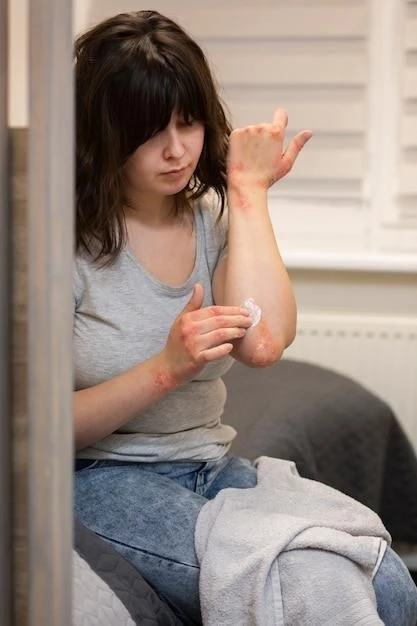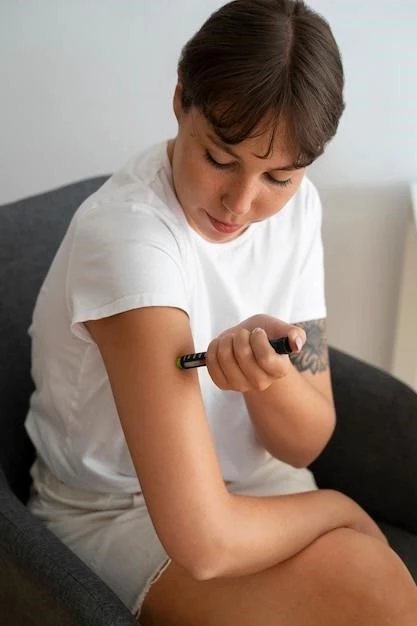Symptoms of Chickenpox
Common signs include rash, fever, and itchiness. Your
child may feel tired and experience loss of
appetite.
Overview of Chickenpox Symptoms
Chickenpox typically starts with a rash, which turns into
itchy, fluid-filled blisters that eventually scab over.
Other symptoms include fever, fatigue, and loss of appetite.

Treatment options for Chickenpox
Medical and home remedies help ease symptoms.
Medical Treatments
Antiviral medications can be prescribed to reduce
intensity and duration of symptoms. Over-the-counter
medications help with fever and itching. Consult a doctor.
Home Remedies
Calamine lotion can soothe itching. Cool baths with
oatmeal may provide relief. Keep nails trimmed to
prevent skin damage from scratching. Rest and hydration are key.
Preventing the spread of Chickenpox
Avoid contact with those who are susceptible.
Isolation
Keep the infected person at home to prevent spreading
the virus. Avoid contact with pregnant women, infants,
and individuals with weakened immune systems. Consult a doctor.
Hygiene
Regularly wash hands with soap and water. Cover
mouth and nose when coughing or sneezing. Avoid
sharing personal items like towels. Disinfect surfaces
and toys frequently to prevent the spread of chickenpox.
Chickenpox in adults
Risk and treatment differ from cases in children.
Increased Risk
Adults face higher risks of complications such as
pneumonia. Those with weakened immune systems
or who are pregnant require special attention when
infected with chickenpox. Consult a healthcare provider.
Treatment Differences
Adults may need more aggressive treatment and
closer monitoring. Consult a healthcare provider for
appropriate antiviral medications and management of
complications that could arise from chickenpox infection.
Complications of Chickenpox
Potential risks and long-term effects from infection.
Potential Complications
Complications can include bacterial infections, pneumonia,
encephalitis, and skin infections. Those at higher risk for
complications should seek medical attention promptly. Consult a doctor.
Long-term Effects
Chickenpox can lead to shingles later in life. Rare cases
may have long-term neurological effects. Vaccination
can prevent these long-term complications. Consult a doctor for guidance.
Chickenpox vaccine
Importance of vaccinating against chickenpox.
Importance of Vaccination
Vaccination is crucial to prevent chickenpox and its
complications. It helps protect individuals at risk of
severe illness and reduces the spread of the virus. Consult a healthcare provider for vaccination.
Vaccine Schedule
The chickenpox vaccine is typically administered in two
doses. The first dose is given between 12-15 months
and the second between 4-6 years old. It is also
recommended for adults who have not had chickenpox.
Difference between Chickenpox and other rashes
Identifying factors that differentiate the rashes.
Characteristics of Chickenpox
Chickenpox rash starts as red spots and develops into
fluid-filled blisters. These blisters crust over, causing
itching. The rash often spreads throughout the body. Consult a doctor for proper diagnosis.
Contrasting with Other Rashes
Chickenpox rash is distinguishable by its progression
from red spots to blisters and scabs. It differs from
other rashes like measles or allergies. Consult a healthcare provider for accurate diagnosis.
Natural remedies for Chickenpox
Options to alleviate symptoms and boost immunity.
Soothing the Itch
Apply calamine lotion or baking soda to relieve itchiness.
Oatmeal baths and cool compresses can also soothe irritated
skin. Keep fingernails short to prevent scratching and infection.
Boosting Immunity
Ensure adequate rest, hydration, and a balanced diet rich in
fruits and vegetables. Vitamin C and zinc supplements can
help boost the immune system during a chickenpox infection.
